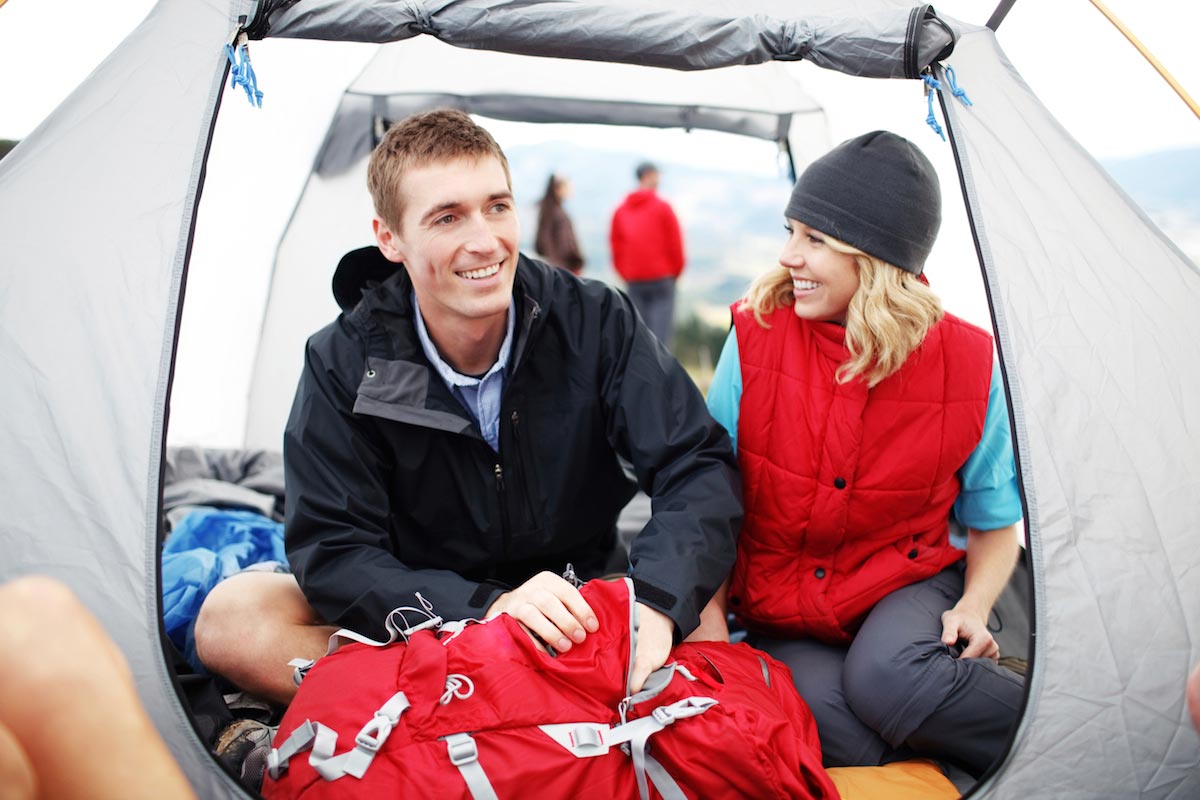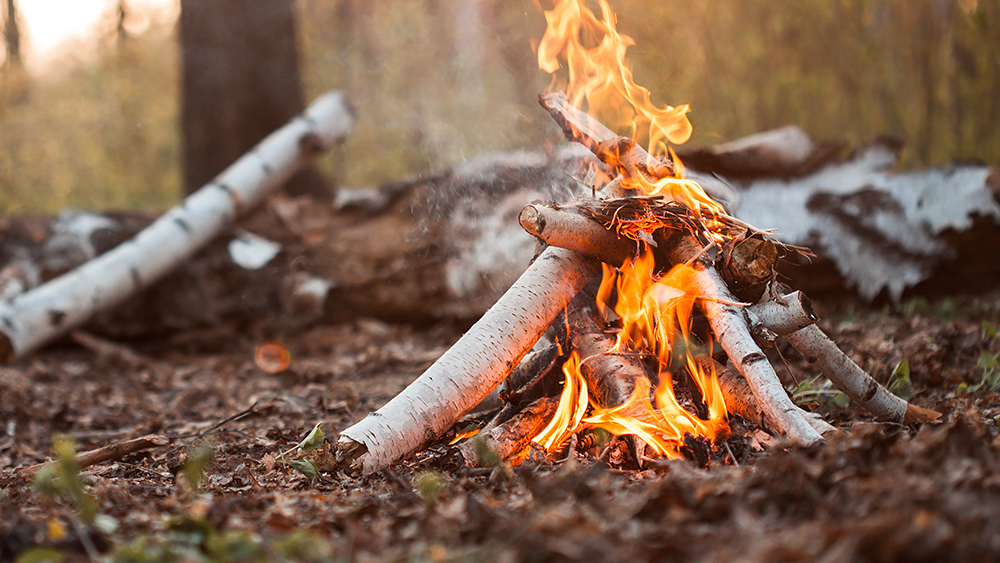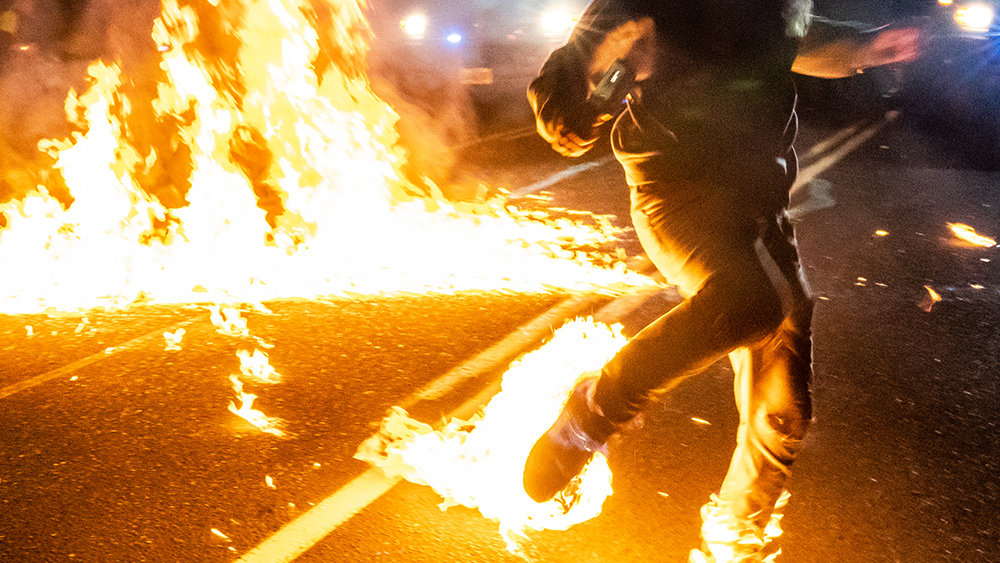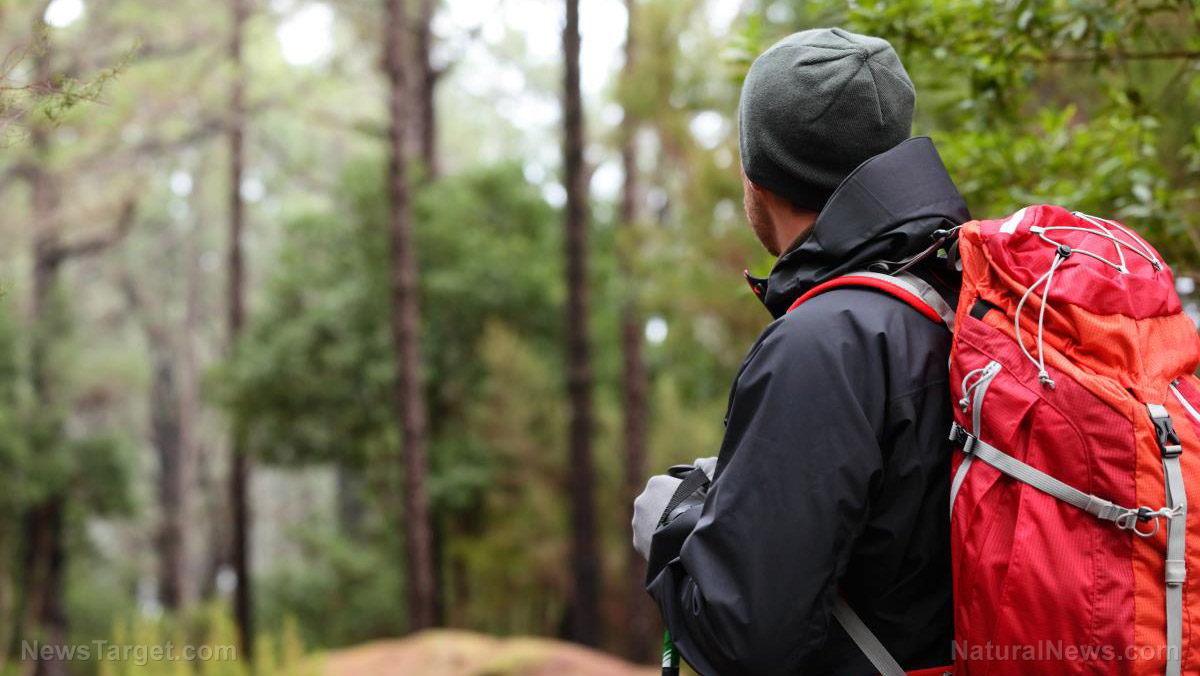
Preppers come in all shapes and sizes, but women face some unique challenges when SHTF. (h/t to PreppersWill.com)
Read on for tips that will benefit all outdoorswomen, such as how to deal with your period or how to take a bath when camping or bugging out.
Bathing outdoors
You can maintain proper hygiene while camping by devising a portable bathing unit. You will need a small inflatable children’s swimming pool that can be folded into the size of a deflated air mattress so you can bathe in a tent. Other items for your portable bathing unit include a large aluminum pot for heating bath and dishwater and a plastic bucket for bathwater, washing dishes and hauling water.
You can use a five-gallon bucket, but a smaller bucket will do if you prefer something easier to carry. Fill the bucket one-third full of cold water, then pour in hot water until you're fine with the temperature.
Inflate the pool inside your tent and set the bucket of warm water next to it with a dipper or bathing ladle, shampoo and towel. To conserve water, before you start bathing put your underthings and items you want to wash in the bottom of the pool and stand on them.
Undress and squat or kneel in the pool, then pour a cupful of water over your head and body. Lather up and rinse.
Stomp on your clothes a bit, then wring them out. Get dried and change into clean clothes. Hang the wet clothes to dry outside.
Pour the water from the pool back into the plastic bucket and discard. Lean the pool outside against your tent for storage. This routine takes twenty minutes or so.
You won't get chilled from wet hair if you do the whole routine as fast as you can, even in freezing temperatures. If you feel cold after bathing, wear more clothing on your lower body and stay active by chopping wood or hiking up a hill.
If you have medium-length hair, it will dry in about half an hour or faster if you have a heat source or if there's a good breeze. Avoid bathing at night because you might get cold or sick if you sleep with wet hair.
To purify bathwater, use two tablespoons of liquid bleach per five gallons of water. Use filtered or boiled water for washing your face and brushing your teeth.
If the water is silty, add a couple of tablespoons of baking soda to the murky bathwater.
When camping or bugging out, use deodorant, hair care products and make-up that is unscented to avoid attracting buzzing creatures like mosquitoes and other pests. (Related: The fairer (and better) sex? How women excel at prepping.)
Outdoor prepping while on your period
If you're on your period, make it a habit to change often. If you're bugging out or camping and forgot your tampons or pads, rip up a clean cotton T-shirt into strips and use the pieces as you would feminine hygiene products.
After use, rinse the shirt strips in cold water, wash, hang to dry away from camp and reuse. To keep your pants stain-free, use a piece of cotton cloth backed by a plastic baggie and attach it to your underwear with safety pins.
Using the bathroom
Make sure you also bring a small fold-up type shovel for burying waste. If the ground is excessively rocky, pile rocks on top. Dig a deep hole or pile enough rocks to cover the waste once you're done.
When prepping your gear, keep your canteen, knife or pistol in a belt that is not attached to your pants. If you need to pee, you won't need to worry about where to put your things.
Most publicly-managed lands such as national and state parks or national forests have rules about how you should dispose of human waste. These regulations may vary from place to place, but most land managers require outdoor recreationalists to follow these rules:
- Always poop at least 200 feet (60 meters) away from water sources, trails, roads and established campsites.
- Use outhouses, pit toilets and other designated facilities if available.
- Bury your poop in a cathole that’s at least six to eight inches (15.2 to 20.3 cm) deep, but don’t bury or burn your toilet paper.
- Keep used menstrual hygiene products, like tampons and pads, in plastic bags and dispose of all items properly when done camping.
If your work, hobbies or survival drills take you outdoors for extended periods of time, keep these tips in mind so you can use the bathroom and bathe properly outdoors.
More related stories:
Survival essentials: 20 Items to take with you when you go off grid.
Bug out survival planning: 4 Things to consider when building an emergency shelter.
Common threats you will encounter after SHTF and how to survive them.
Watch the video below for hygiene and sanitation tips after SHTF.
Visit Survival.news for more tips on how to maintain proper hygiene while prepping outdoors.
Sources include:
Please contact us for more information.





















